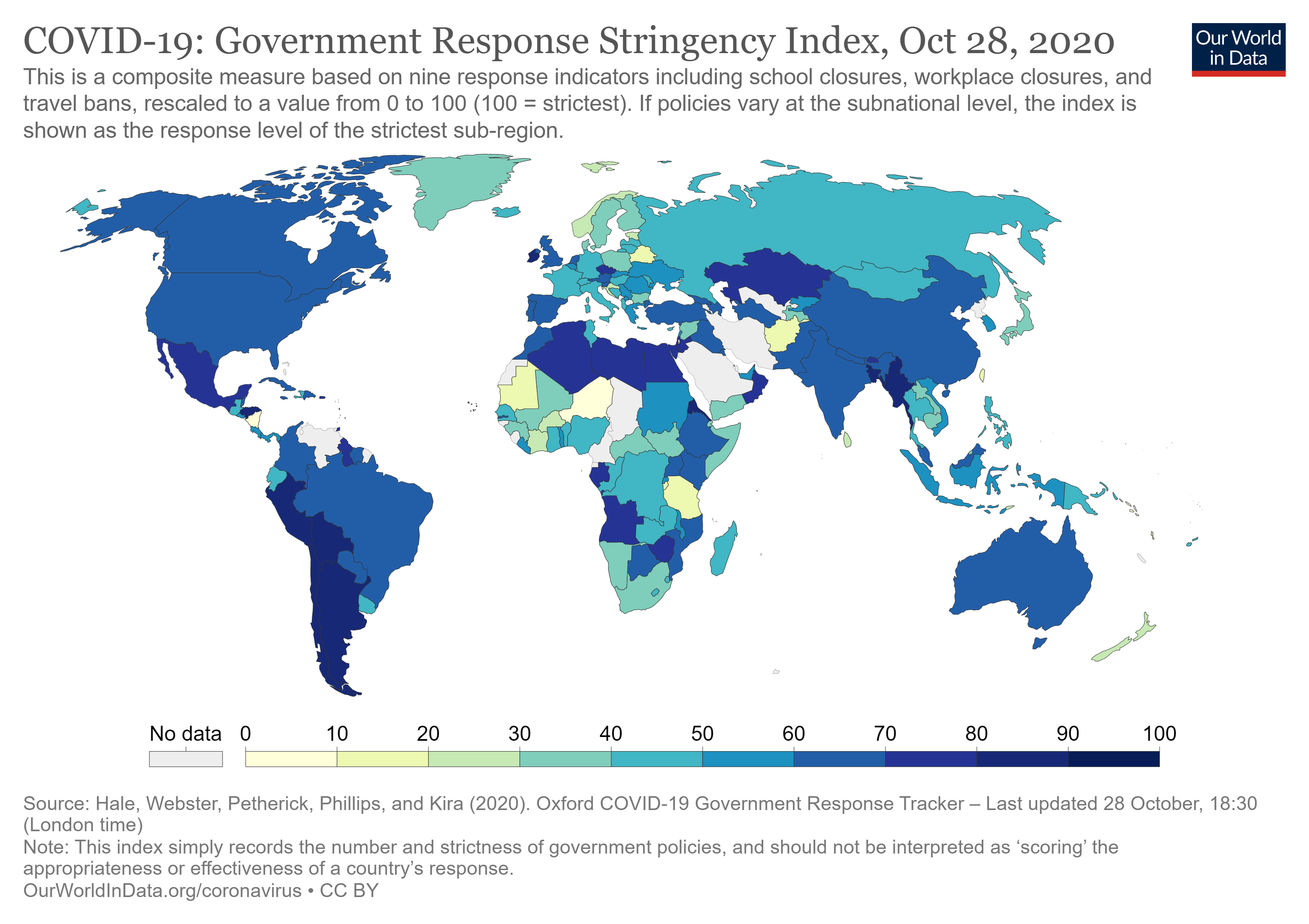Warsaw, Poland – The following statement on National Minorities and Roma was delivered by the United States at the Human Dimension Implementation Meeting of the Organization for Security and Cooperation currently being held in Warsaw, Poland:
National Minorities and Roma
Statement of Erika Schlager
U.S. Delegation to the OSCE Implementation Meeting
The United States delegation offers its thanks to the High Commissioner on National Minorities, Rolf Ekeus, for the many productive efforts he has undertaken during his first year in that position. There has been progress in the respect shown for the rights of members of national minorities in several countries since our meeting a year ago, and the High Commissioner deserves considerable credit for providing the leadership, expertise and perseverance that contributed to this progress.
Ten years after the genesis of the Office of the High Commissioner on National Minorities, my delegation also wishes to commend this OSCE institution for its result-oriented, practical approach to what are sometimes very complex and difficult minority issues, especially in the Baltic States, Southeast Europe, the Caucasus and Central Asia. We consider the Office of the High Commissioner to be among the highlights of the OSCE’s post-Cold War evolution.
Unfortunately, despite the ongoing efforts of the High Commissioner, OSCE field missions and others, members of national minorities continue to face difficulties. In some instances, the difficulties arise from intolerance in society, such as the escalation of anti-Semitic acts across Europe in recent months. Even in some of the strongest democracies – France, Germany and Belgium, for instance – there have been reports of increasing anti-Semitic violence. Following the tragic events one year ago today, Muslims and Muslim communities have also faced heightened intolerance throughout the OSCE region, including in the United States.
My delegation continues to believe firmly that government leaders – on the local and national level – have a definite role to play and a responsibility in the face of this intolerance. First, they have an obligation to speak out loudly and clearly in condemning acts or even expressions of hatred. Second, they have a responsibility to ensure that the law is enforced when intolerance manifests itself in criminal acts, particularly violence against minority members or communities. In Russia, there has been a spate of violent incidents reflecting ethnic intolerance and anti-Semitism. President Putin has admirably condemned such acts. Unfortunately, in too many cases, we have seen a lack of enthusiasm at the local level for the investigation and prosecution of perpetrators. Moreover, some law enforcement authorities have openly targeted Roma for investigation and arrest, themselves becoming agents of bigotry.
Respecting the rights of members of national minorities involves more than combating intolerance in society. It is also about providing equal opportunities in education and employment, as well as legal protection from discrimination. We hope that Croatia will renew its efforts to adopt a law on minorities in the near future.
While a minority law can be an important tool for the protection of the languages and cultures of ethnic minorities, it is imperative that anti-discrimination laws be adopted and implemented to protect minorities, including Roma, from acts of discrimination in public places, education, housing and labor. The U.S. delegation welcomes Romania’s adoption of such a law and the establishment, more recently, of the National Council against Discrimination. These concrete steps, if implemented and utilized, can make a real difference for minority communities in Romania. My delegation urges all OSCE countries to fulfill the Istanbul Summit commitment through the adoption and implementation of comprehensive anti-discrimination laws.
Unfortunately, progress is lacking in other areas: Roma, along with others not in the majority, are still subjected to racially motivated violence, sometimes at the hands of the police. Such abuses demand an effective response. We urge the Government of Ukraine to investigate fully the murder of a Romani family of five, including three young children, in the Poltava Province on October 28 of last year and hold those responsible accountable.
We continue to be concerned about the treatment of minorities in Greece, especially since the national policy continues to be that there are no minorities in Greece other than those referred to in the 1923 Treaty of Lausanne. Roma, in particular, faced discrimination in all walks of life. We urge the Government of Greece to ensure that Roma have the identity documents necessary to have full access to education.
In past years, we have voiced concern over the plight of the Kurdish minority in Turkey, whose human rights violations have been recognized by numerous judgements of the European Court of Human Rights. We congratulate Turkey for taking the first steps toward righting these wrongs with the recent passage of new laws that allow the Kurdish language to be tutored and broadcast. At the same time, the new laws do not allow teaching in Kurdish in the public schools and pro-Kurdish political parties are still banned. We look forward to the removal of the these vestiges of discrimination against the Kurdish people.
Before concluding, Mr. Moderator, I would like to raise two places where ethnic minorities are particularly threatened, and where their treatment is particularly horrendous. First, in Kosovo, the Serb, Romani and other minority communities may have seen some improvement in security this past year, but their situation remains far from acceptable. This is well documented in the OSCE/UNHCR joint report on the minority situation in Kosovo, which was released last May. Violent attacks continue, especially against Serb homes and churches. Those Kosovar Albanians who suffered at the repressive hands of the Milosevic regime should have the personal commitment never to engage in the persecution of any other minority. The minority communities and their leaders in Kosovo deserve credit for their willingness to participate in the elections and in Kosovo institutions despite such treatment.
Second, in Chechnya, the inter-ethnic conflict and widespread violence in recent years have been devastating for the local civilian population. While Chechen fighters have committed their share of atrocities, which my government has condemned, it is also wrong and counterproductive for the Chechens to have their rights so flagrantly violated. We urge the Russian Government to investigate reported human rights abuses, prosecute those who have committed such violations, and undertake every possible effort to prevent their recurrence.




